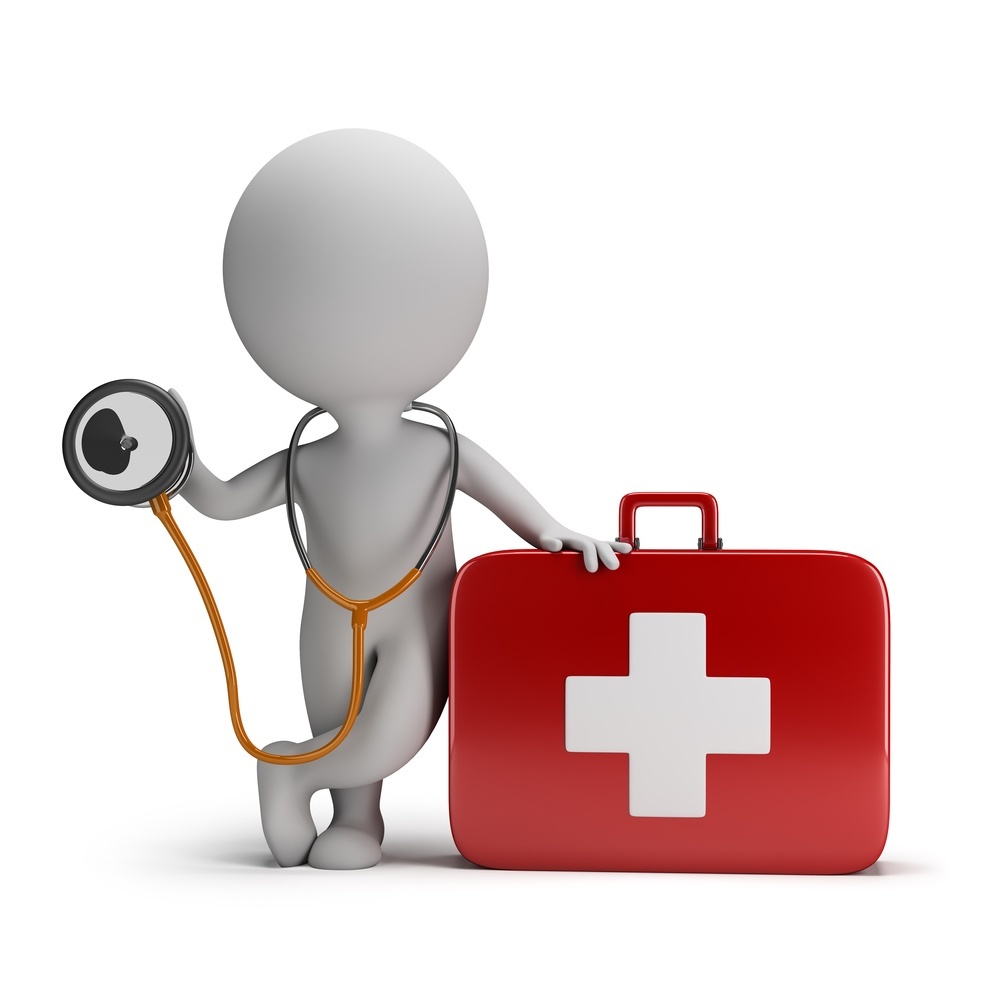Introduction
ADHD (Attention Deficit/Hyperactivity Disorder) is a disorder that presents special challenges to teenagers, who are undergoing a significant period of cognitive, emotional and social growth. We will examine the challenges teenagers with ADHD face and explore how relaxation and treatment techniques can help them. Our exploration will be guided by the keywords relaxation and treatment, highlighting the importance of an holistic approach for teenagers with ADHD.
Understanding ADHD in Teenagers
Adolescent Brain Development
1.1 Frontal Lobe Mature:* The frontal brain lobes are responsible for executive functions, such as impulse control, decision-making and impulse control. They undergo significant maturation in adolescence.
ADHD Impact:* ADHD is characterized by executive functions deficits. This can affect the maturation process and cause challenges with self-regulation, planning, and organization.
Implications for Social and Academic Life
Peer Relations:* Teenagers who have ADHD may find it difficult to form and maintain peer relationships because of their impulsiveness and inattentiveness.
2.2 Academic performance:* Organization and time management challenges can affect academic performance and lead to frustration and stress.
Incorporating treatment strategies for teens with ADHD
Medication management
1.1 Stimulant Medicines:* Stimulant medicines, such as amphetamine or methylphenidate-based medications are often prescribed to improve attention and focus in adolescents with ADHD.
Nonstimulant Medications* Nonstimulant medicines, such as atomoxetine offer an alternative to teenagers who do not respond well with stimulant medications.
Behavioral Treatment
Cognitive-Behavioral Treatment (CBT)* CBT is a form of therapy that helps adolescents with ADHD improve their executive functions such as planning and organization.
2.2 Training in Social Skills:* Targeted intervention in social skill training can improve interpersonal relationships and address challenges in peer interaction.
Involvement of Parents and Children in Education
Parent training:* It is important to educate parents about ADHD symptoms and provide them with strategies on how to manage their teenagers’ symptoms. This will create a supportive environment at home.
Individualized Educational Plans (IEPs).* By collaborating with educators, IEPs can be tailored to meet the specific academic needs of teenagers.
The Unique Challenges Teens with ADHD Face
Self-Esteem and Identity Formation
ADHD Symptoms Impact:* ADHD-related symptoms such as inattention and impulsivity can affect a teen’s self-image and self-esteem.
1.2 Navigating peer expectations:* Teenagers who have ADHD may find it difficult to meet the social and peer expectations of their peers, leading to feelings such as inadequacy or isolation.
Academic Pressure and Time Management
2.1 Increasing Academic Demands:* Teenagers with ADHD who are experiencing increased academic pressure may have difficulty managing their time. This can lead to stress.
Patterns of Procrastination:* The tendency to procrastinate can exacerbate academic pressures and negatively impact both performance as well as overall wellbeing.
Peer Dynamics and Social Relationships
3.1 Instability in Social Settings:* Instability can lead to misunderstandings, and make it difficult to form and maintain friendships.
3.2 Navigating social norms:* Adhering to and understanding social norms can be difficult for teens with ADHD. This may lead to social challenges.
Relaxation techniques for teens with ADHD
Relaxation and Mindfulness Practices
1.1 Mindful breathing:* Teach teenagers to breathe mindfully in order to cultivate awareness and reduce stress. This will also help them regulate their emotions.
Mindfulness Mediation:* Regular sessions of mindfulness meditation improve focus, concentration and well-being.
Physical Activity and Outdoor Recreation
2.1 Exercise As a Stress Reducer:* Regular physical activity is not only beneficial for physical health, but it also helps relieve stress in teenagers with ADHD.
2.2 Recreation in the Outdoors:* Being outdoors and enjoying nature can be a relaxing experience that allows for reflection.
Creative and Artistic Outlets
3.1 Expression Arts Therapy:* Teenagers with ADHD can express themselves and relieve stress by participating in expressive arts such as music, painting or writing.
3.2 Passion Projects and Hobbies:* Encourage teens to pursue passion projects or hobbies. This will give them a feeling of accomplishment and relaxation.
Supporting Teenagers in Relaxation and Treatment
Collaboration between parents and professionals
Open communication:* Creating open channels of communication between parents, educators and healthcare professionals will ensure a collaborative approach towards the well-being of teenagers.
1.2 Regular Monitoring and Adjustment* Regularly monitoring treatment strategies allows adjustments to be made based on an adolescent’s changing needs and progress.
Educational Advocacy and Support
2.1 Support at School:* Advocate for school-based supports, such as accommodations and individual education plans. This will help create an environment that is conducive to academic achievement.
2.2 Education Workshops:* By providing educational workshops to teachers, students and parents, you can raise awareness and help promote understanding about ADHD.
Building Resilience for Teenagers with ADHD
Encourage Self-Advocacy Skills
1.1 Understanding ADHD :* By educating teenagers about ADHD, they can better articulate their needs and be more assertive in different settings.
Effective communication:* By developing effective communication skills, teenagers can express their preferences, challenges and achievements to others.
Setting realistic Expectations
2.1 Setting Goals:* Working together to set realistic long-term and short-term goals will encourage a feeling of accomplishment and motivation.
2.2 Recognizing progress:* Celebrating incremental achievements and progress reinforces positive thinking and resilience.
Peer and Family Support
Family Dynamics and Support
1.1 Open Dialog:* Maintaining an open and non-judgmental dialogue within the family fosters the development of a supportive environment.
Family Activity:* Regular family activities help to promote bonding, and provide emotional support to teenagers.
Peer Support Networks
2.1 Support Groups for Adolescents:* Encouragement of peer groups can help teenagers with ADHD share their experiences, gain insight, and develop a sense belonging.
2.2 Antistigma Campaigns* Initiatives that reduce stigma in peer groups can contribute to an inclusive and understanding social atmosphere.
Transitioning from Childhood to Adulthood: Preparing For Independence
Life Skills Development
Time management and Organization:* By focusing on the development and improvement of life skills such as time management and organisation, teens are prepared for greater independence.
Job Ready:* Exploring career interests and developing job readiness skills helps to ease the transition into adult responsibilities.
Self-Care and Treatment Continuity
2.1 Transition Plan:* Working with healthcare providers to develop transition plans will ensure continuity of treatment as adolescents with ADHD enter adulthood.
2.2 Self Care Habits:* Promoting the continuation of self care practices into adulthood will promote overall well-being.
Conclusion: Fostering resilience and well-being in teenagers with ADHD
In order to address the unique challenges teenagers with ADHD face, a comprehensive treatment approach is required that incorporates effective treatment techniques with relaxation techniques. Parents, educators and healthcare professionals who understand the relationship between ADHD symptoms and teenage development and the importance relaxation can help teenagers with ADHD to be resilient and well-adjusted. The foundation they built in their teens will help them succeed and be independent as they transition into adulthood. Focusing on a supportive community, open communication and a holistic approach to treatment and relaxation will help teenagers with ADHD overcome challenges and thrive as they journey towards adulthood.




